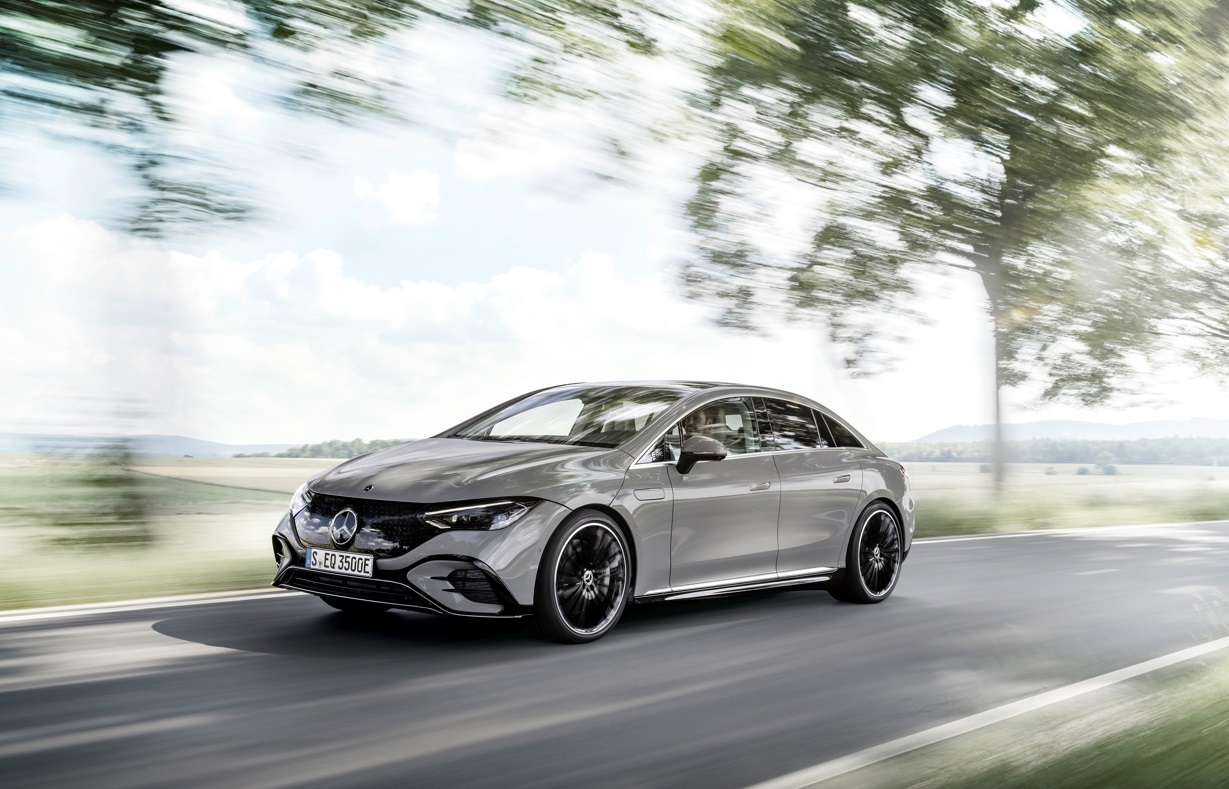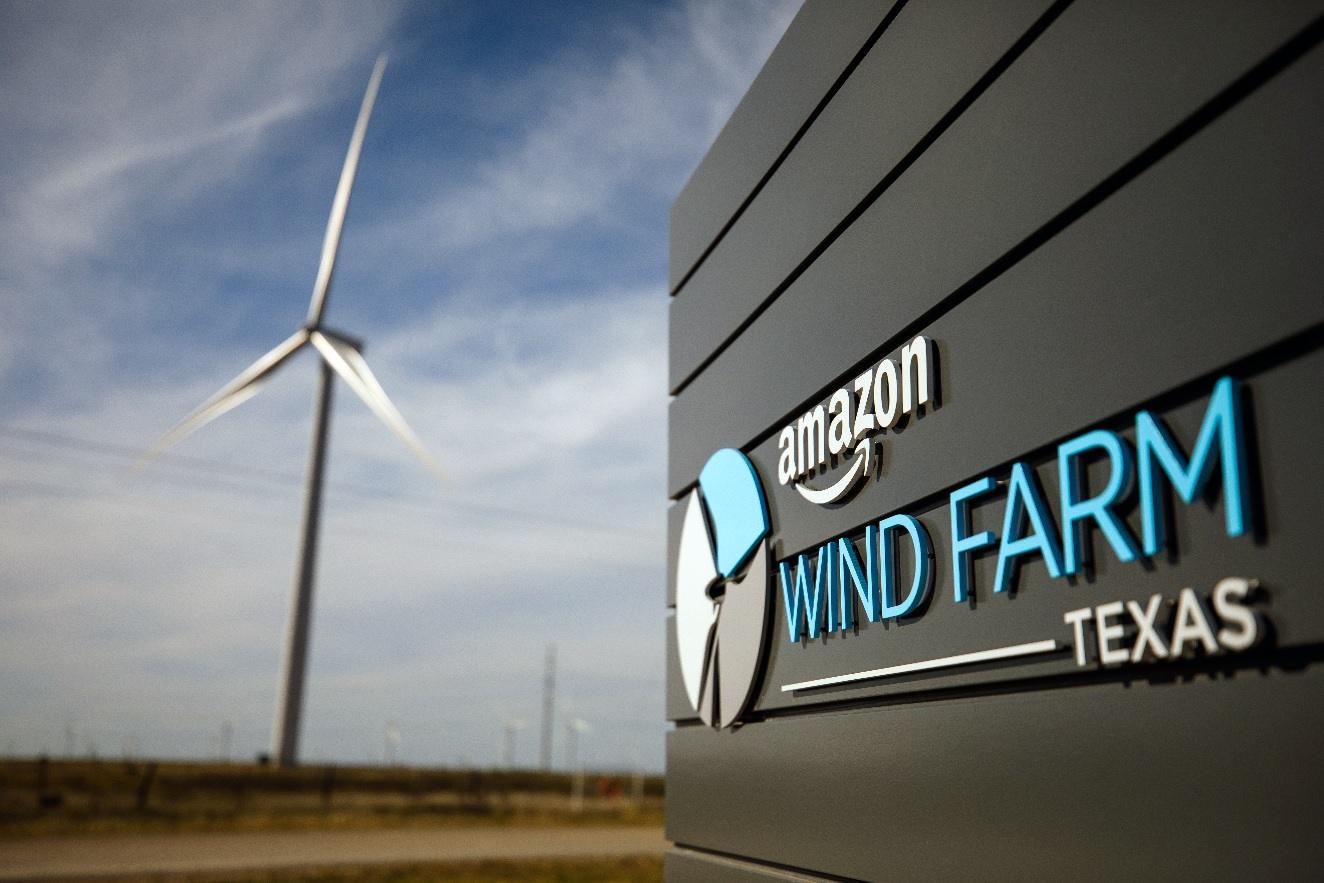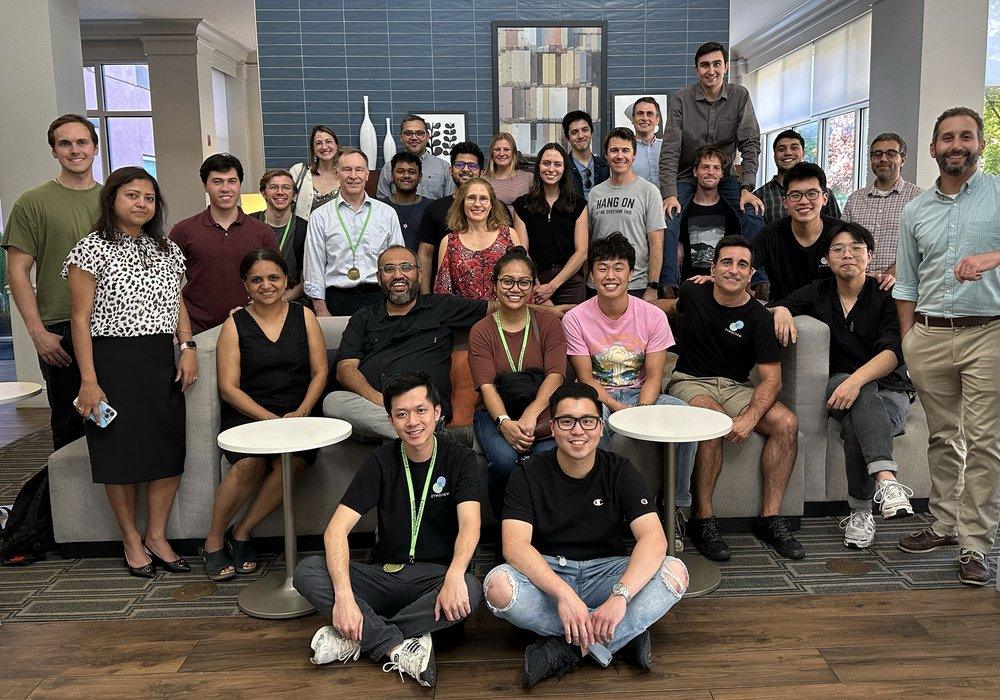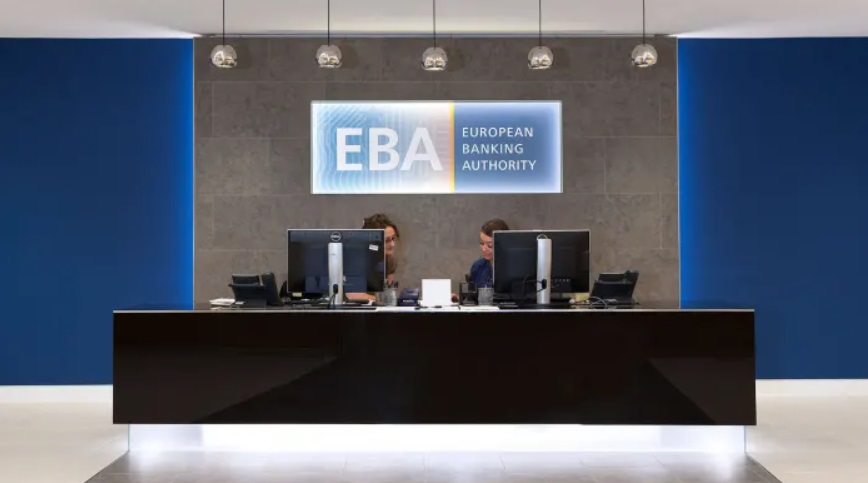Mercedes-Benz Unveils Plans to Cut Emissions in Half by 2030, Ramp Use of Sustainability-Linked Finance
Mercedes-Benz unveiled today new ESG measures, including plans to cut CO2 emissions per passenger car by more than 50% by 2030 and increase the use of green and sustainability-linked finance.
The company’s new plans were unveiled at its digital ESG Conference for investors and analysts, where the company also outlined the key levers and initiatives it is pursuing to achieve its climate targets, including electrifying its vehicle fleet, charging with green energy, improving battery technology, and the use of recycled materials and renewable energy in production.
Last year, the automaker announced plans to electrify its automotive fleet, including a goal to go all-electric by 2030, where market conditions allow. The company’s strategy includes investment plans of more than €40 billion through 2030, with spending in key areas across R&D, battery capacity, charging network, and production, among others.
The company also aims to decrease its carbon footprint through cell chemistry and battery recycling, and it stated that by transitioning to CO2-neutral cell production, it is possible to cut emissions for the production of the entire battery pack by 20%. In 2020, the automaker adopted an approach across the whole battery technology chain to ensure the use of responsibly mined and processed battery raw materials cobalt and lithium.
On the green steel and aluminium front, the company is setting up a green steel supply chain to expand the use of low and zero CO2 steel. In 2021, Mercedes-Benz committed to launch green steel in vehicle models by 2025 and announced an equity investment in Swedish start-up H2 Green Steel (H2GS), which was followed by a partnership with steel company SSAB to introduce fossil-free steel into its vehicle production as early as possible.
Mercedes-Benz stated that it has been producing CO2-neutrally in all own plants as of this year, and it aims to further expand the production of renewable energy by rolling out solar and wind power at all its sites. For its supply chain, in 2020, the company announced a series of initiatives to help achieve carbon neutral supply chain by 2039, as part of its Ambition 2039 strategy, under which it aims to offer a CO2 neutral car fleet before the end of 2030.
The company also aims to increase the variety of green financing instruments and green KPI-linked bilateral funding agreements. Specific instruments mentioned included “Green ABS” and green KPI-linked bilateral funding agreements.
Ola Källenius, Chairman of the Board of Management of Mercedes-Benz Group AG, said:
“The desire for individual mobility keeps growing. Our mission is to meet this need in a sustainable way. Mercedes-Benz has a clear roadmap how to become carbon-neutral. By 2030, we want to reach the half-way mark. In order to make faster progress in protecting the climate we need maximum dedication and more collaboration among governments, companies and society as a whole.”





